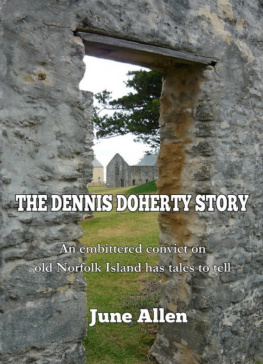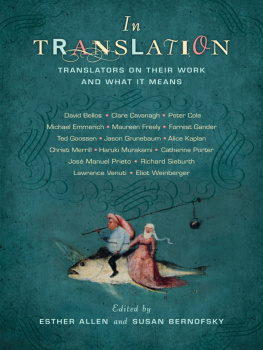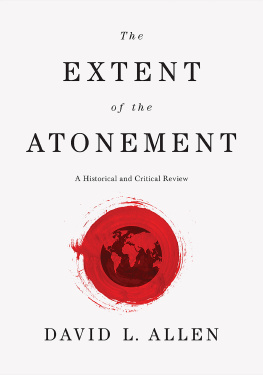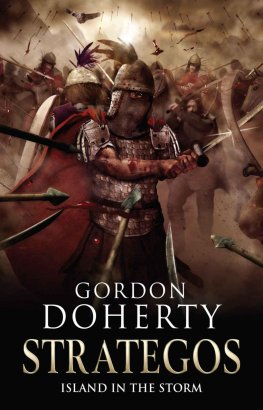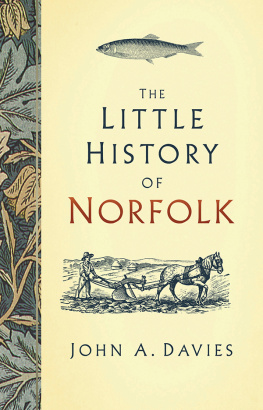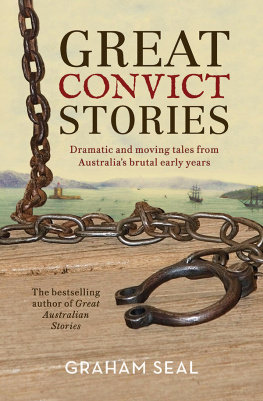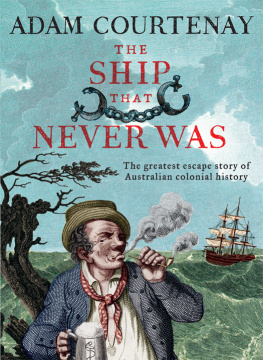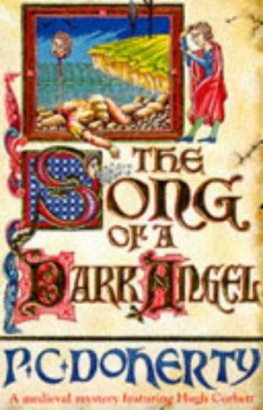THE DENNIS DOHERTY STORY
The inspiration for the Soundand Light Show of Norfolk Island
June Allen
Copyright 2003, 2016 June Allen,Bayview, Auckland, New Zealand
FOREWORD.
Norfolk Island is a dot in theSouth Pacific, a tiny island 8 km by 5 km. There was no recordedhabitation on the island before Captain James Cook set foot in1774. However, his crew found rows of bananas which indicated anearlier settlement, no doubt by Melanesians en route during fishingexpeditions. Cook had seen the island while sailing to New Zealand,and reported to the English government that the massive trees hesaw, now known as Norfolk pines, would be ideal for ships masts.England was rebuilding her navy after the destructive wars againstthe French and this was good news. However, it turned out that pinetrunks were not suitable, for there are too many knots in thegrain, and the timber is quite soft.
King George III recognized that theisland would be useful, however; and did not want it falling intothe hands of the French who were also exploring that part of thePacific. George III decreed therefore, on arrival of the FirstFleet in Botany Bay in January 1788, that a boatload of trustedconvicts and some free men, tradesmen, should travel to the tinyisland. They were directed to form a settlement before the Frenchcould take possession of the island.
Lieutenant Philip Gidley King andhis tiny band of settlers travelled more than a thousand miles fromNew South Wales to found the First Settlement on Norfolk Island in1788. Lieutenant King was therefore the first Superintendent ofNorfolk Island.
It was not many years later thatthis island became known as The Hell-hole of the Pacific.Recalcitrant offenders from Port Arthur in Tasmania, and thosefrequently attempting escape from that prison, were sent to NorfolkIsland. Their incorrigible behaviour, and that of many commandantsand officers, changed the island from a peaceful settlement to onewhere the most extreme measures of punishment were carried out. By1814 the treatment of prisoners had become so vile that the prisonwas closed down. Buildings of the First Settlement had been builtof timber and these were burnt to the ground in an effort toexpunge the horror. All those living on the island returned to NewSouth Wales.
Despite this earlier experience,eleven years later, in 1825, another attempt was made to develop anescape proof prison for repeat offenders. This new prison becameknown as the Second Settlement, and the buildings were constructedof stone. Needless to say, the officers who administered theprison, and the wives who accompanied them, were also affected bythe dreaded isolation.
Many buildings of the SecondSettlement have been faithfully restored after an ArcheologicalSurvey by Graham Wilson and Martin Davies for the AustralianCommonwealth Department of Housing and Construction. Thesebuildings, rich in history, were the stimulus for the DennisDoherty story which forms the basis for the Sound and Light Show ofNorfolk Island. It is a stark reminder of brutal days on NorfolkIsland.
This is not a chronologicalaccount, but rather a blend of recorded happenings during both theFirst and Second Settlements on Norfolk Island.
THE DENNIS DOHERTY STORY.The narrator of the Sound and Light Show is Dennis Doherty who wasa real person; all the incidents in the story portrayed in the showwere taken from historical records. In some instances chronologywas altered to aid the narrative.
At the commencement of the tour,the tour coach takes the travellers from the township of BurntPine, down Taylors Road towards Kingston, earlier calledSydneytown. But wait. There is a brief stop on the way. Aftertwisting through the area known as Windmill, the driver stops andopens the coach door. Come aboard, he says.
It seems that in the darkness thedriver has seen a passenger waiting at the side of the road. Itsafter dark, the interior light hasn't been turned on and itsdifficult to see if indeed we've been joined by another passenger.Was there really anyone waiting?
Perhaps it is the ghost of DennisDoherty. We hear a voice, it is that of an old man. The voicepervades the interior of the coach and we realise we are to hear astory of long ago. Sixty years may not be very old by modernstandards, but this is the voice of a man who has seen many deaths,and has been subject to many punishments horrors you could notimagine.
In the darkness we hear his story.There is desperation and bitterness in his voice, but the soft andseductive tones of an Irish brogue are still there. Friends; myname is Dennis Doherty. It is only a hundred and sixty years agothat I was living in this hell-hole called Norfolk Island. Yes, theOcean Hell. Do you not hear the sounds? There are fifteen hundredconvicts on this island now. Cant you hear them working?
Through the still night air comesthe muffled sound of hammer on chisel breaking rock, rock falling,a mans howl of pain, and the groans of men suffering terribletrauma.
Doherty continues: Those of us whowere too smart for the guards in Van Diemens Land were transportedto this tiny island. There is no worse place for His Majestyssubjects than the prison on Norfolk Island.
There is a slow, grating, metallicsound men dragging leg irons, the vicious crack of a whip, and amans awful cry as the lashes strike his back.
I have only one good eye, and Iwear the skull and cross-bones tattooed on my arm. Thus DennisDoherty describes himself. I feel like an old man now, but bearwith me. I have such a story to tell you. Ive been forty-two yearsin Australian prisons, and had three thousand lashes over thattime. These swine have almost broken me. I crave to see once morethe gentle green hills of dear Derry in blessed Ireland from whenceI came so long ago.
As I speak to you now, it seems anage since I was a young man, not more than fourteen years old, whenI was first sentenced to prison. That was for deserting the ranksof the 16th Lancers. When a young man is exposed to the violence ofprison life of more than a hundred and sixty years before yourtime, gentle readers, you can well believe how his personality isdebased and warped. This hardening of a mans very being was theonly way to survive and keep some sort of reason. I am one of theincorrigibles who was sent from prison in Van Diemens land, whereI had been in heavy irons in the quarry gang.
I had been accused of being aringleader, and king of the rebels. So it is hardly surprising thatI, being a natural rebel, try to break out of any gaol they lock meinto? I have tried to escape always that dream of escaping hauntsme as a bird does from its cage. Is that so unnatural? Is thatdream such a great crime? Those of us who have endured the rigorousdiscipline and flogging in other prisons in New South Wales and VanDiemens Land, have since been subjected to unheard-of cruelties onNorfolk Island.
The degradation we suffered in thisplace lowered us to the very depths of despair. When I refused towork I was beaten again, and left with only bread and water forweeks on end. A lesser man would have died. I wasnt going to givethe bastards that satisfaction! For having a hat yes, merely ahat in my possession, I was given a sentence of three months hardlabour in chains.
To be found with tobacco in mypossession was deserving of fourteen days in solitude. The guardswould search our mouths with their filthy fingers, at any time ofday or night, yes even wake us from our sleep looking fortraces of tobacco. I have spent two weeks in solitary often becauseof my craving for the stuff. What other pleasure does a real manhave? We cant get to the liquor that is locked in the store believe me weve dreamed of it and the only other earthlypleasure a man could have is deprived us in this prison of onlymen. Well many do compromise. They need sex still have theenergy, remarkably so and have had their pleasure in, what theReverend politely calls, unnatural offences.
Next page
